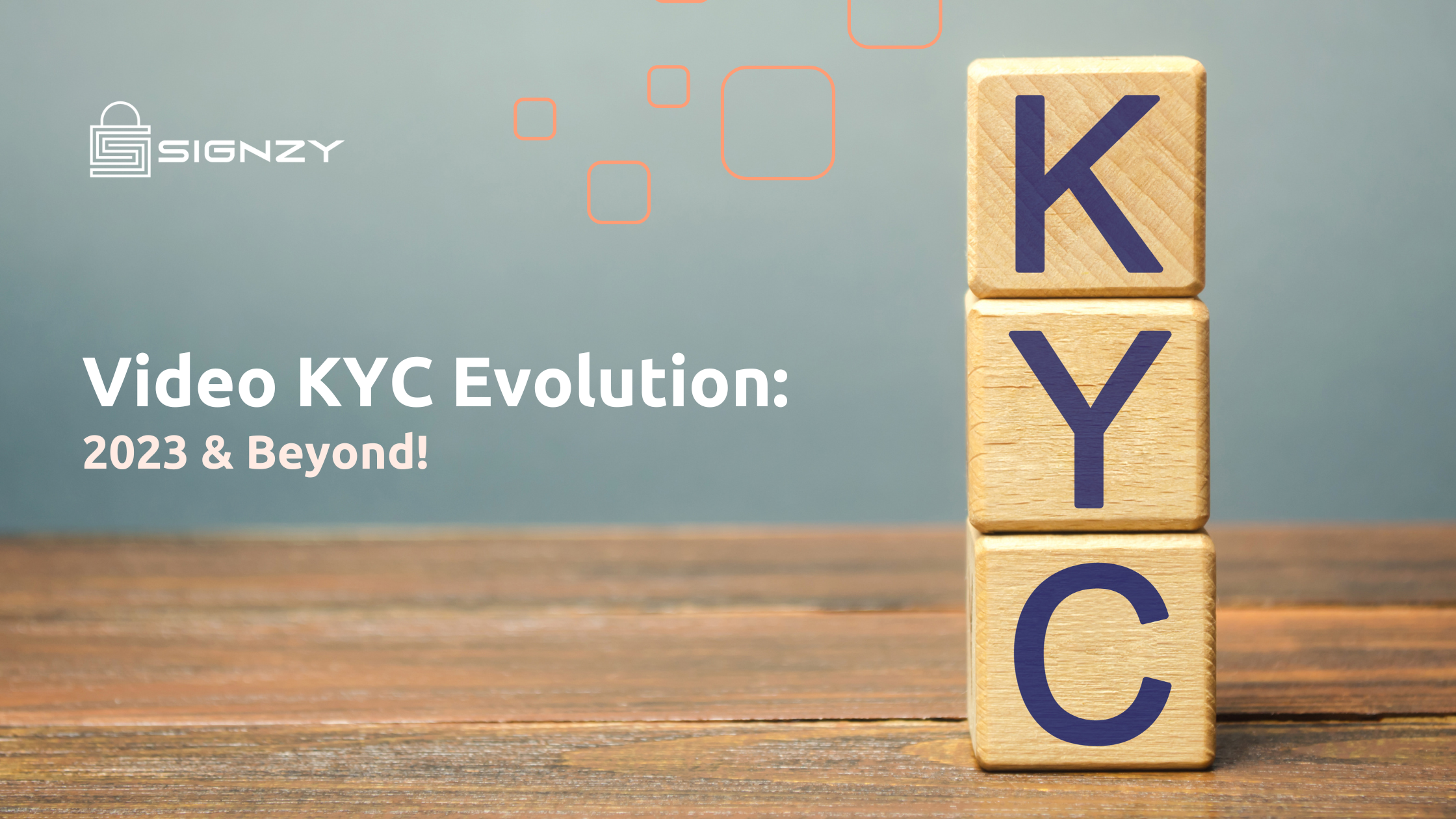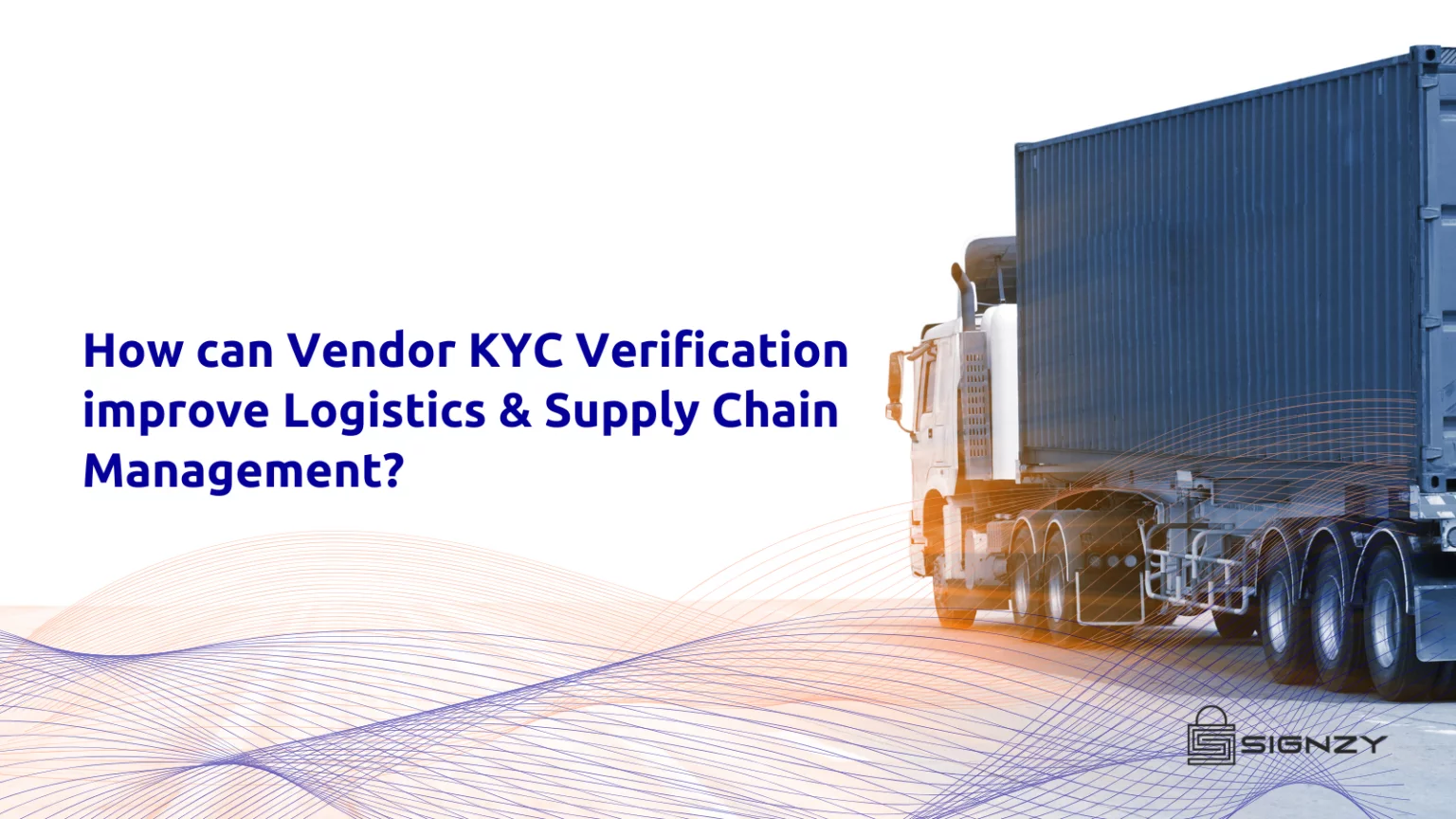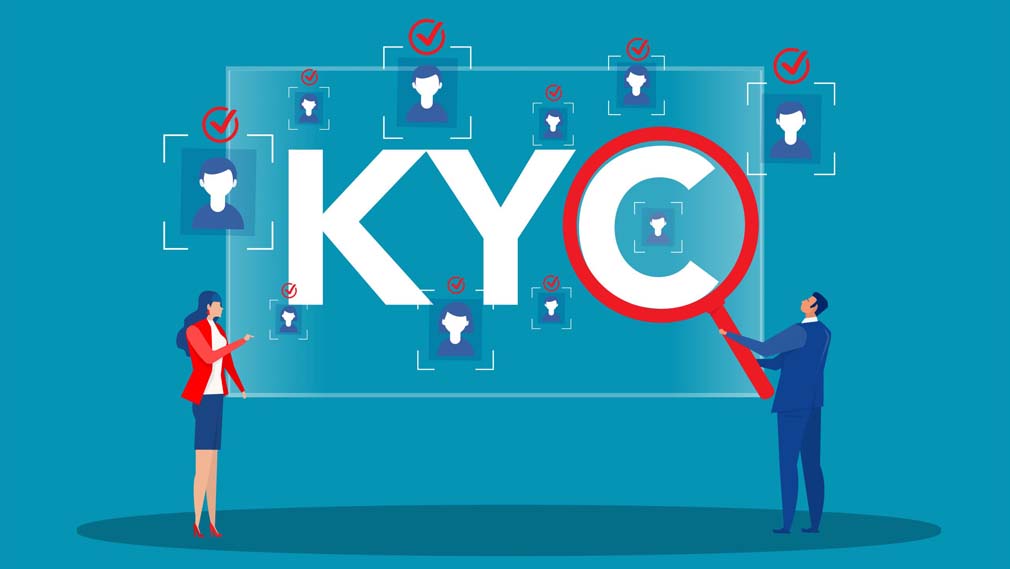As the world continues to become increasingly digital, the way we verify identities is also evolving. One such evolution is in video KYC verification, which has taken significant strides forward in recent years. This process involves using video calls to confirm a person’s identity for various purposes, from opening bank accounts to accessing online services. In this blog post, we’ll take a look at how video KYC has evolved since its early days and explore what benefits and challenges it presents. So fasten your seatbelts as we delve into the fascinating world of Video KYC!
The early days of Video KYC
In the early days of video KYC, many companies were still relying on in-person verification processes. However, as technology advanced and more people gained access to high-quality cameras and internet connectivity, KYC verification started gaining popularity.
At first, there were some concerns about the security of this process. Some experts worried that fraudsters could use deep fake videos to bypass KYC checks. Nevertheless, companies soon realized that they could mitigate these risks by using artificial intelligence (AI) algorithms to detect signs of tampering or deception.
Initially, video KYC was primarily used in the financial sector, as it offered a more secure and efficient way to verify identities. However, over time, it has been adopted by a variety of other industries, including healthcare, retail, and transportation. The benefits of video KYC verification
Earlier, it demonstrated its potential for secure identity verification while saving time and resources compared to traditional methods. As we’ll see next, however, it took some time for AI-powered solutions to become widespread enough for most businesses to adopt them fully.
The Rise of AI in Video KYC
The rise of AI in Video KYC has been a game-changer for the verification process. Traditionally, manual verification processes were time-consuming and prone to errors. However, with the integration of artificial intelligence (AI), video KYC has become more efficient and reliable.
Artificial Intelligence algorithms can recognize human faces and compare them with government-issued IDs within seconds. These systems are designed to detect any signs of tampering or fraud and flag suspicious activity immediately.
Moreover, AI technology allows companies to conduct real-time monitoring during the verification process. This means that if there is any fraudulent behavior detected, it will be flagged immediately, reducing the risk of identity theft or financial fraud.
AI-powered Video KYC verification provides better security while improving efficiency through automation. As technology continues to evolve at a rapid pace, we can expect even more advanced solutions in this field in the future.
The future of Video KYC
As we look to the future, it is clear that Video KYC will continue to evolve and adapt to meet the needs of businesses and customers alike. With advancements in AI and machine learning, we can expect even greater accuracy and efficiency in the verification process.
The growth is attributed to the increasing adoption of KYC by businesses across various industries, such as banking, financial services, and insurance (BFSI), retail, and healthcare. It helps businesses to verify the identity of their customers in real-time, which helps to reduce fraud and improve customer experience.
In addition, the increasing adoption of digital channels by businesses is also driving the growth of the video KYC market. It allows businesses to onboard new customers and provide them with services digitally, which helps to improve customer convenience.
Furthermore, the increasing regulatory compliance requirements is also driving the growth of the video KYC market. Governments across the world are imposing stringent regulations on businesses to verify the identity of their customers. It helps businesses to comply with these regulations and avoid penalties.
However, the high cost is a major challenge for the growth of the market. In addition, the lack of awareness about video KYC solutions is also hindering the growth of the market.
Regulations in India and US
India
In India, video KYC verification is regulated by the Reserve Bank of India (RBI). The RBI has issued guidelines for the use which are designed to ensure that it is used in a secure and compliant manner. Some of the key provisions of the RBI guidelines include:
- The use of video KYC verification must be authorized by the RBI.
- The verification process must be conducted in a secure manner.
- The verification process must be compliant with the RBI’s data protection regulations.
The specific regulations that apply in India include:
- The Prevention of Money Laundering (Maintenance of Records) Rules, 2005.
- The Information Technology (Reasonable Security Practices and Procedures and Sensitive Personal Data or Information) Rules, 2011.
- The Reserve Bank of India (Know Your Customer) Directions, 2016.
USA
In the USA, video KYC verification is regulated by the Financial Industry Regulatory Authority (FINRA). FINRA has issued guidance for the use of video KYC verification, which are designed to ensure that it is used in a secure and compliant manner. Some of the key provisions of the FINRA guidance include:
- The use of video KYC verification must be authorized by FINRA.
- The KYC verification process must be conducted in a secure manner.
- The KYC verification process must be compliant with FINRA’s anti-money laundering regulations.
The specific regulations that apply to video KYC verification in the USA include:
- The Bank Secrecy Act (BSA).
- The USA PATRIOT Act.
- The Dodd-Frank Wall Street Reform and Consumer Protection Act.
Navigate Through 2023 and Beyond with Signzy!
Signzy is a leading provider of KYC solutions. We help businesses to verify the identity of their customers in real-time, which helps to reduce fraud and improve customer experience.
Our video KYC solution is easy to use and can be integrated with any existing system. It is also highly secure and reliable. We offer a variety of features, including:
- Identity verification: We use a variety of methods to verify the identity of our customers, including facial recognition, liveness detection, and document verification.
- Fraud detection: We use a variety of algorithms to detect fraud, including machine learning and artificial intelligence.
- Customer support: We offer 24/7 customer support to help you with any problems you may encounter.
We are committed to helping our customers navigate the ever-changing landscape of video KYC. In 2023 and beyond, we will continue to innovate and develop new features to meet the needs of our customers.
Here are some of the ways that Signzy can help businesses navigate KYC in 2023 and beyond:
- Reduce fraud: Signzy’s video KYC solution can help businesses to reduce fraud by verifying the identity of their customers in real-time. This can help to identify potential fraudsters and prevent them from opening accounts or making transactions.
- Improve customer experience: Our solution is easy to use and can be completed in minutes. This can help to improve the customer experience by making it easier for customers to onboard and start using a business’s services.
- Comply with regulations: The solution is designed to comply with the latest regulations. This can help businesses to avoid fines and penalties for non-compliance.
- Increase efficiency: The solution can help businesses to increase efficiency by automating the verification process. This can free up employees to focus on other tasks, such as customer service.






